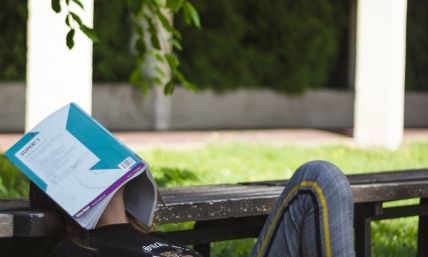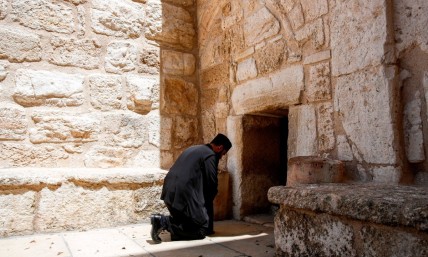Boredom is not always a bad thing
Education should be an antidote to boredom because it should teach us how to wrestle with the questions boredom brings up, such as: Who am I? Why am I here? What is life for? Am I living well? What should I love?

Education should be an antidote to boredom because it should teach us how to wrestle with the questions boredom brings up, such as: Who am I? Why am I here? What is life for? Am I living well? What should I love?

Showing up, sticking around, and discipling kids as only a father can is a powerful witness to the beautiful design and the steadfast love of our own heavenly Father. Every kid needs and deserves one.

Promoting equal opportunity, instead of making promises of equal outcomes that cannot possibly be fulfilled, treats every human being with the respect and dignity of equal consideration and high expectations.

It is one of God’s great mercies that, by fulfilling His purpose for us, we are able to know happiness, satisfaction, and meaning.

A bill currently on the desk of the governor of the state of Washington would, if he signs it, allow homeless shelters and youth homes to hide runaway youth from their parents if those parents will not help them obtain gender-based medical interventions.

The biological reality, that one man and one woman are required to make a child, points to the social reality, which is that children do best with a mom and a dad. This neither makes abuse inevitable for children in other arrangements nor does it suggest that biological parents never abuse. In fact, child abuse can become tragically epidemic within certain cultures and families.

The Genesis account explains the violence and power that plagues the world but puts it in the larger context of a world made of order and peace, made by a loving Creator.

In other words, Christians ought not react to the rejection, erasure, or confusion of gender, by merely retreating to roles. We must begin where the Bible does, with design.

Though I’d question how important Philadelphia was in the history of our culture’s embrace of sexual brokenness, Hanks is correct that cultural change follows a change in the public imagination and that change, more often than not, happens in many quiet ways.

Mary accepted her role in this event with a particular grace and humility. Her expression of worship is amplified by her example of radical self-sacrifice.
